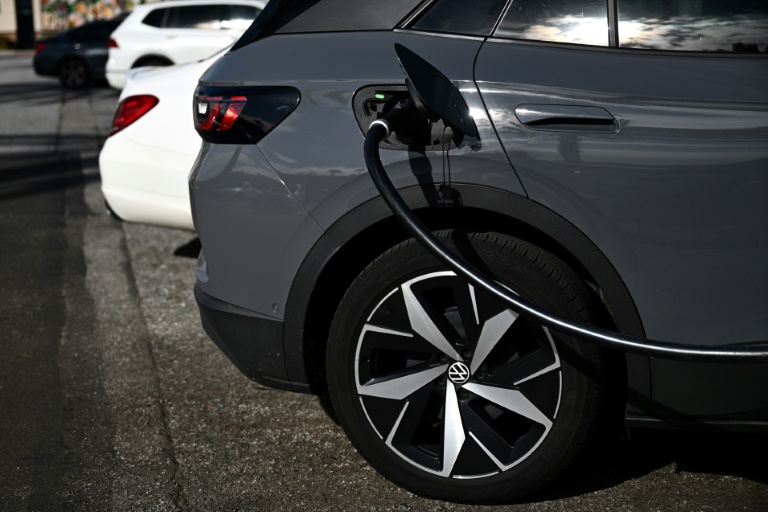Sales of plug-in electric vehicles in Europe have hit a roadblock despite being a crucial part of the region’s green transition plans. With the ban on new petrol and diesel cars set for 2035, the market for zero-emission vehicles has seen a decline in recent months. This drop is mainly attributed to Germany’s decision to stop subsidies for electric car purchases. The European Automobile Manufacturers’ Association has expressed concern over this trend.
The shift to electric vehicles is essential to meet Europe’s climate commitments, but challenges remain. Only a small percentage of Europeans plan to buy an electric vehicle, and price constraints are a significant factor. The deadline for achieving 100% zero-emission cars by 2035 is fast approaching, putting pressure on the industry to accelerate the transition.
While some countries like Norway lead in EV adoption, others lag behind. The lack of infrastructure, changing regulations, and national policies pose obstacles to widespread electric vehicle adoption. Car manufacturers are introducing new electric models to drive sales, but the industry’s electrification progress varies across Europe.
Despite the challenges, there is optimism for the future of electric vehicles. Companies like Volkswagen, Stellantis, and Renault are working on affordable electric models, and there is a growing trend towards electrification. The fate of Europe’s vehicle industry will be influenced by upcoming elections and the decisions made in the coming months.
Source: www.ibtimes.com
